 |
|

DiPolImpact of Climate Change on the quality of urban and coastal watersBackground and AimAim SIMACLIM, a tool developed within the DiPol project, illustrated these complex environmental processes and simulated different scenarios, which could aim at certain societal goals. On international level, DiPol partners presented SIMACLIM to working groups from OSPAR, WFD, ICES, TWSC and HELCOM to communicate climate change impacts on water quality and thus implement DiPol results in monitoring programs to prevent deterioration of transnational coastal water bodies. On local level, SIMACLIM and the web-based knowledge platform made complex data available in a way that enabled decision makers to choose cost-effective, adaptive measures to counteract climate change impacts on water quality using scenarios that addressed either legislative, societal, environmental or economic concerns. Sustainable adaptive management of the triangle urban-river-coast required information, participation, and acceptance of the public when planning measures. Specifically the young generation was addressed by a documentary film explaining from other pupils' perspectives the interconnectivity of climate change, water quality and society. Background Currently, planned programs do not address climate-induced changes of contaminant transport due to the complexity of processes and variability of regional specifications. But unless climate change impacts are integrated in management concepts – and DiPol helped in doing this – they will potentially fail in the attempt to reach the objectives of the Frameworks and to sustain a healthy environment. Measures to counteract adverse climate-related impacts need to be planned well in advance and based on sound knowledge of complex interactions in the triangle river-urban-sea. They need to be cost-efficient and promise best results with lowest expenses. Therefore a tool that illustrates the impacts of climate change in water quality and is able to evaluate consequences of potential measures is needed to help regional and national decision makers to adapt their management to the changing climate. Such a programme (SIMACLIM) was developed for the first time within DiPol. It was based on expert knowledge of climate-induced processes and accompanied by an open web-based knowledge platform for data and experiences.
Information HubDiPol Newsletter Vol. 1
DiPol Newsletter Vol. 2 DiPol Newsletter Vol. 3 DiPol Newsletter Vol. 4 DiPol Booklet Vol. 1 DiPol Leaflet DiPol Booklet Vol. 2 DiPol Newsletter Vol. 5 DiPol Booklet Vol. 3 DiPol Newsletter Vol. 6 DiPol project Logo DIPOL summary report on WP Risk Analysis DiPol summary report on WP SIMACLIM DiPol summary report on WP Implementation DIPOL summary report on SCREMOTOX (WP Risk Analysis) There are no related videos
|
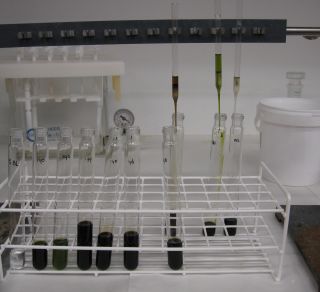
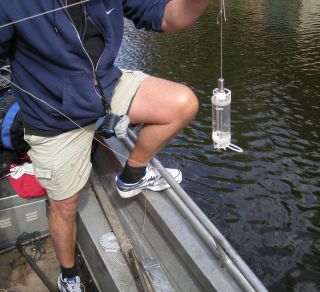
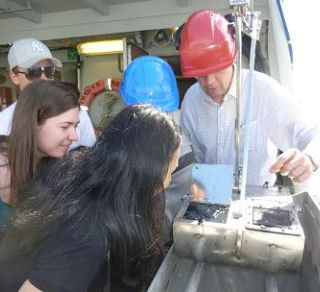
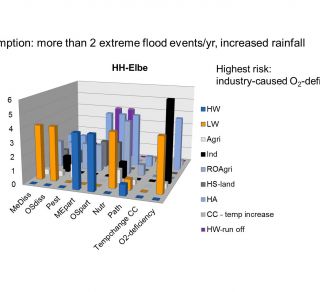
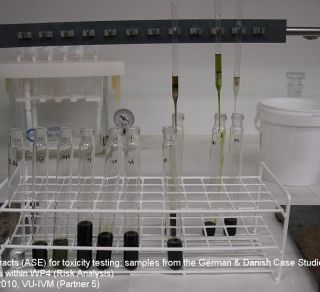
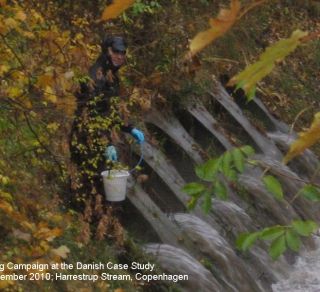
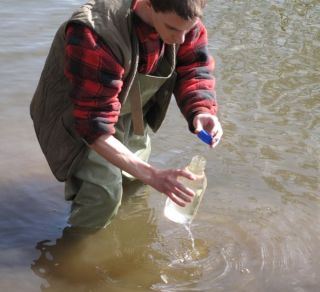
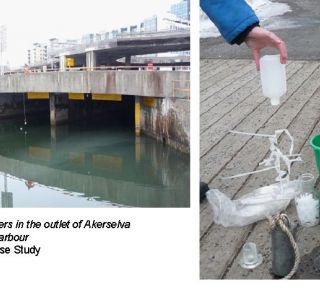
.jpg)
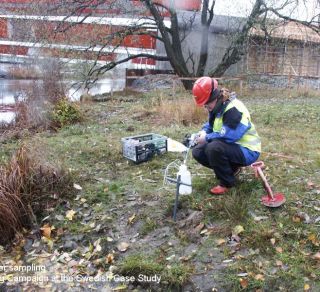
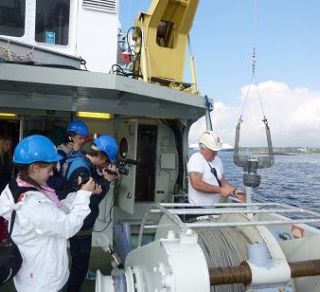
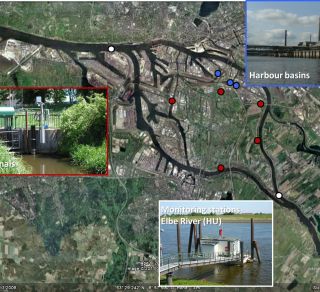
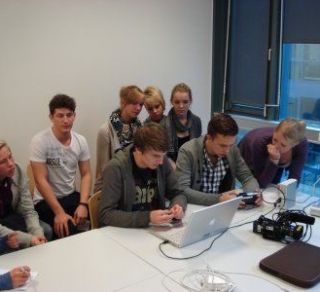
intheframeworkoftheDocumentaryproduction.jpg)
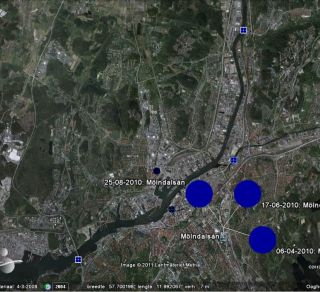
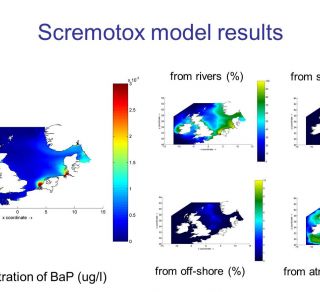
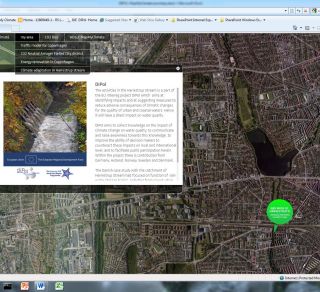
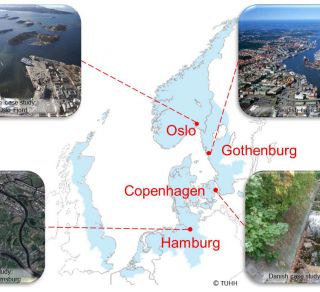











.jpg)




intheframeworkoftheDocumentaryproduction.jpg)



